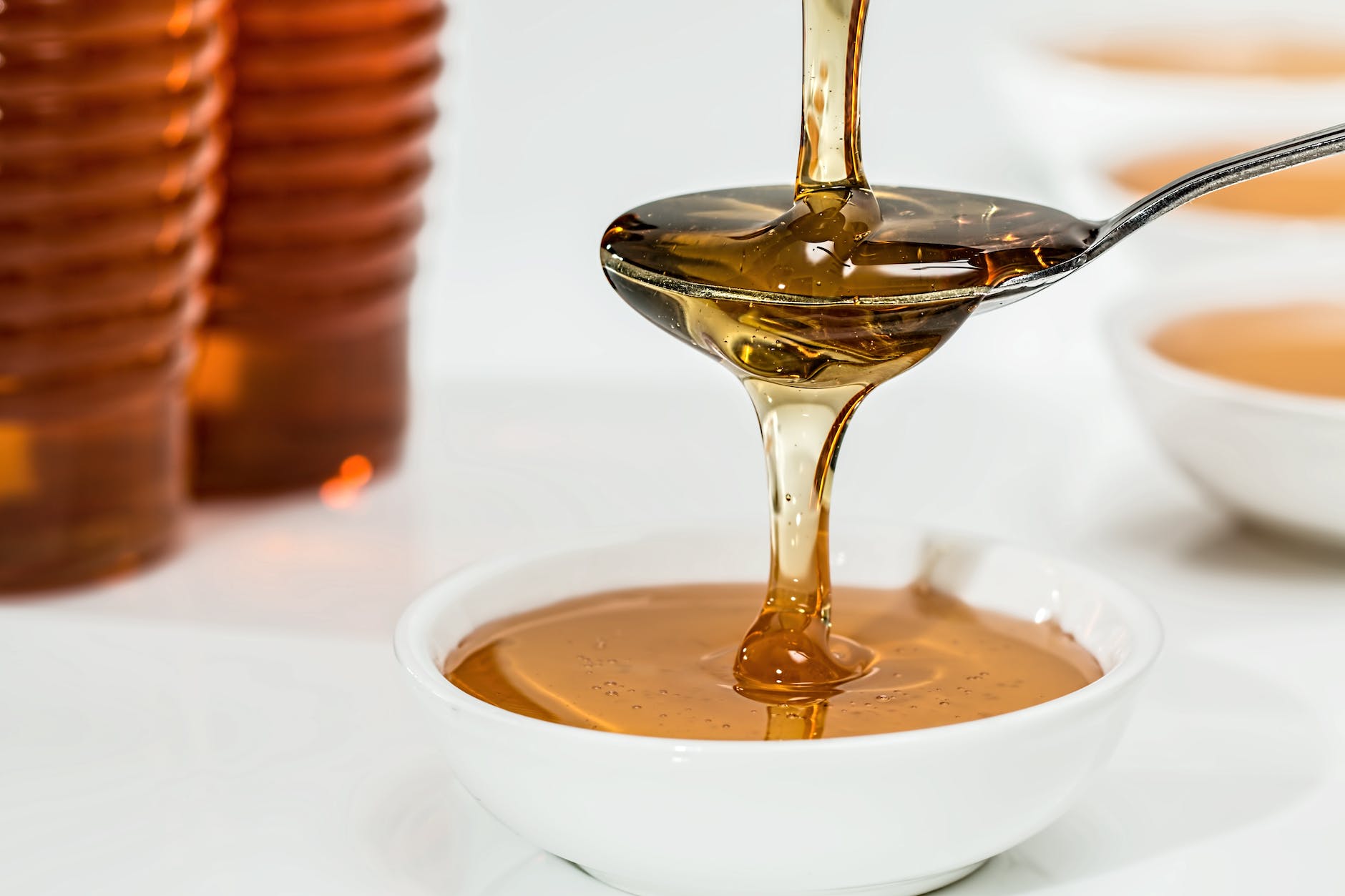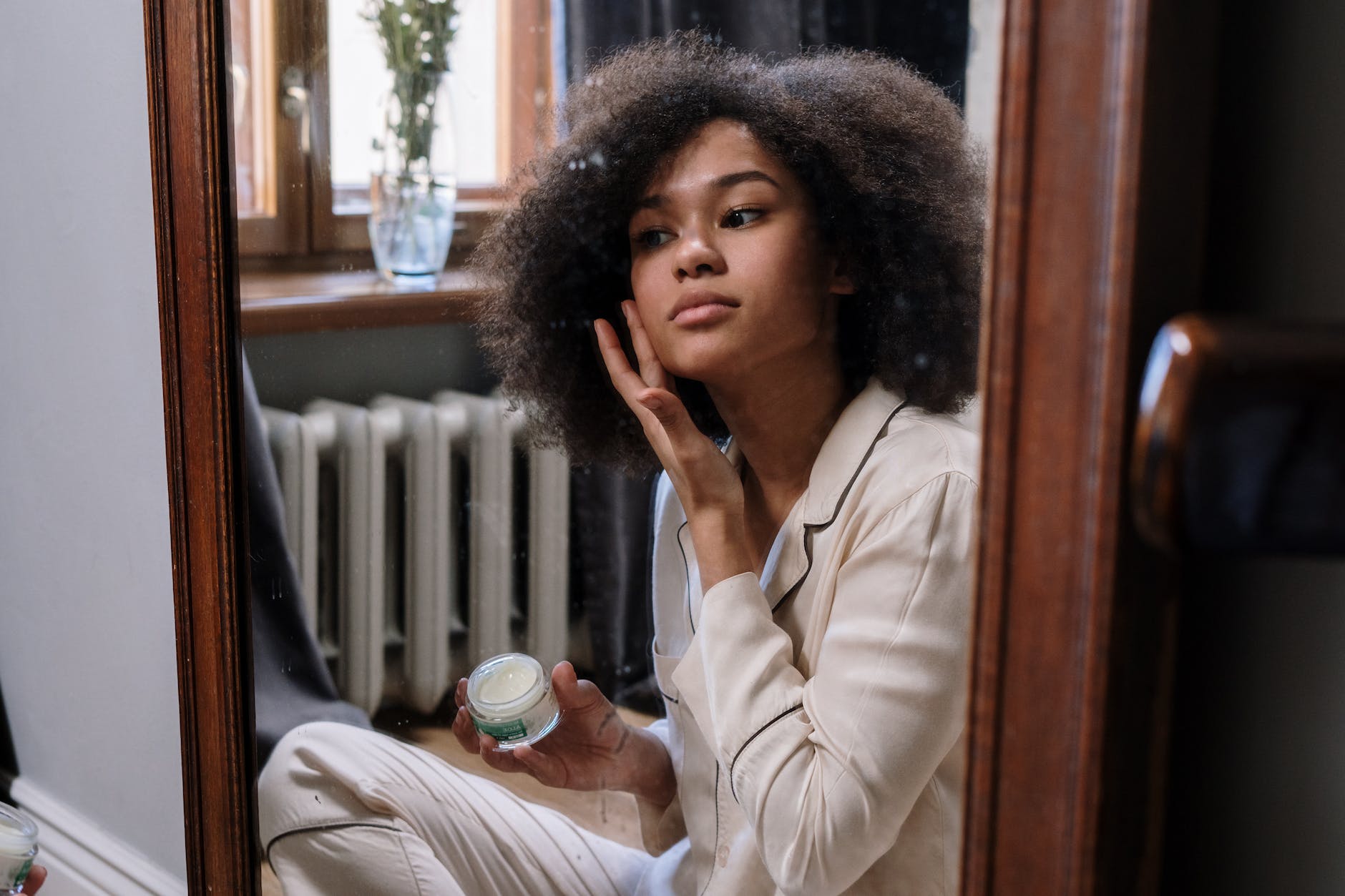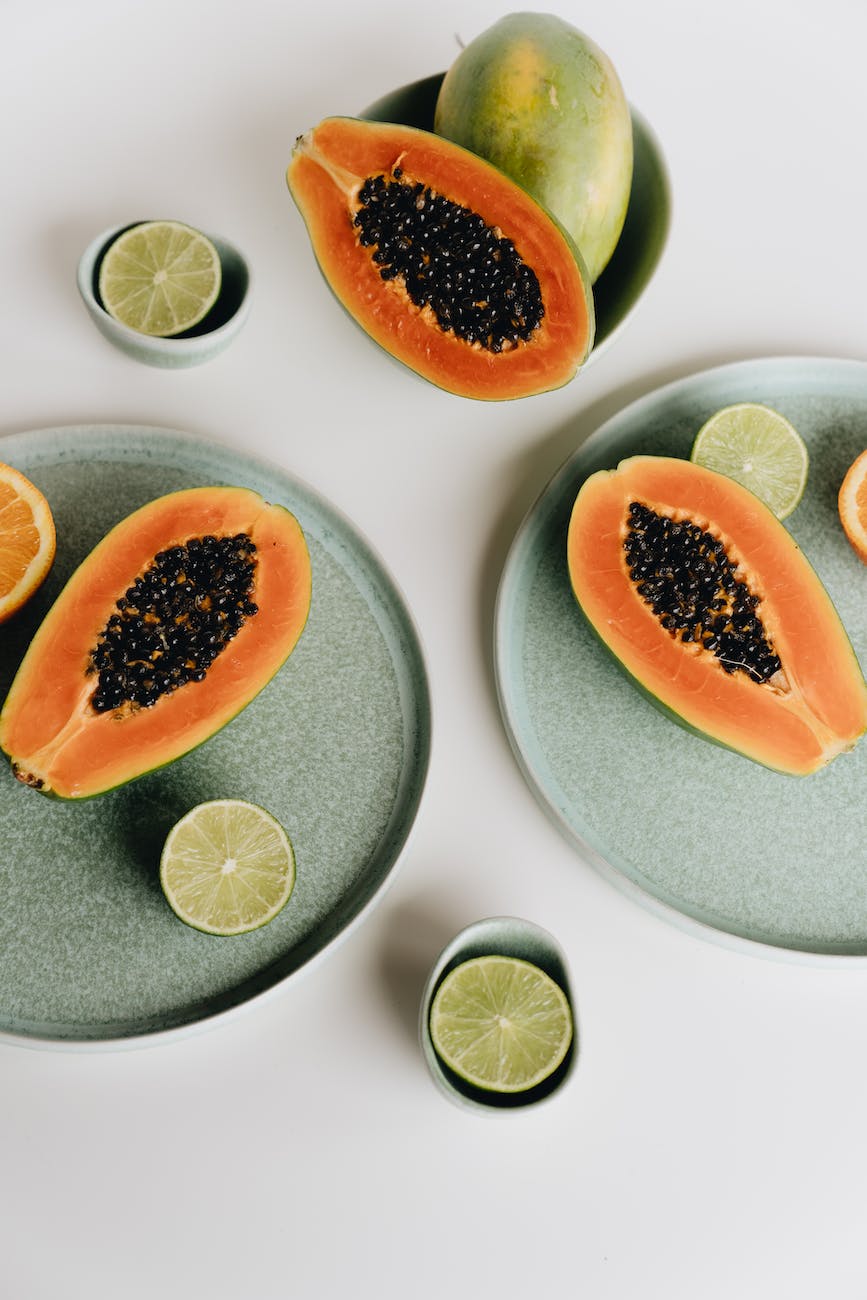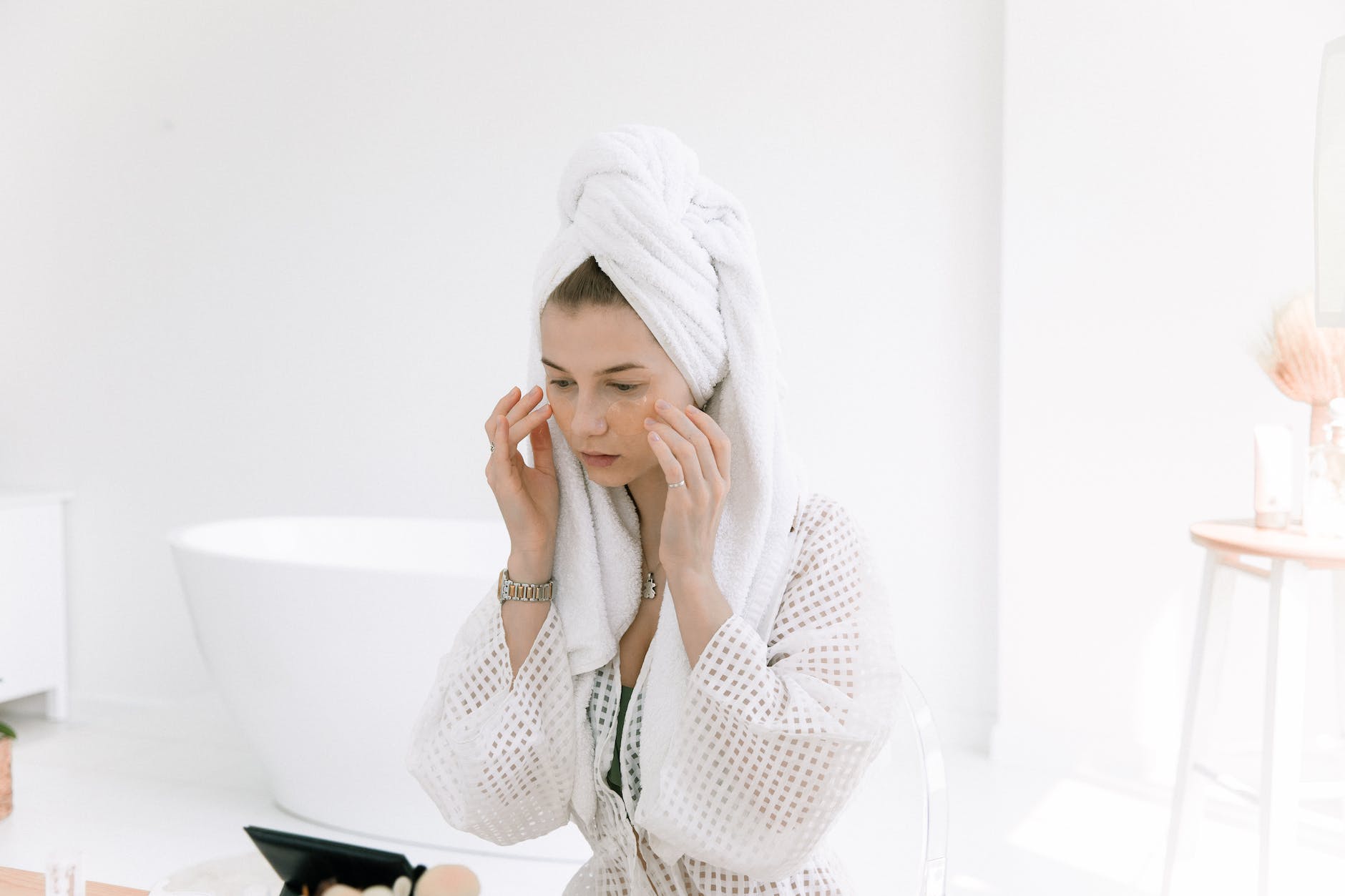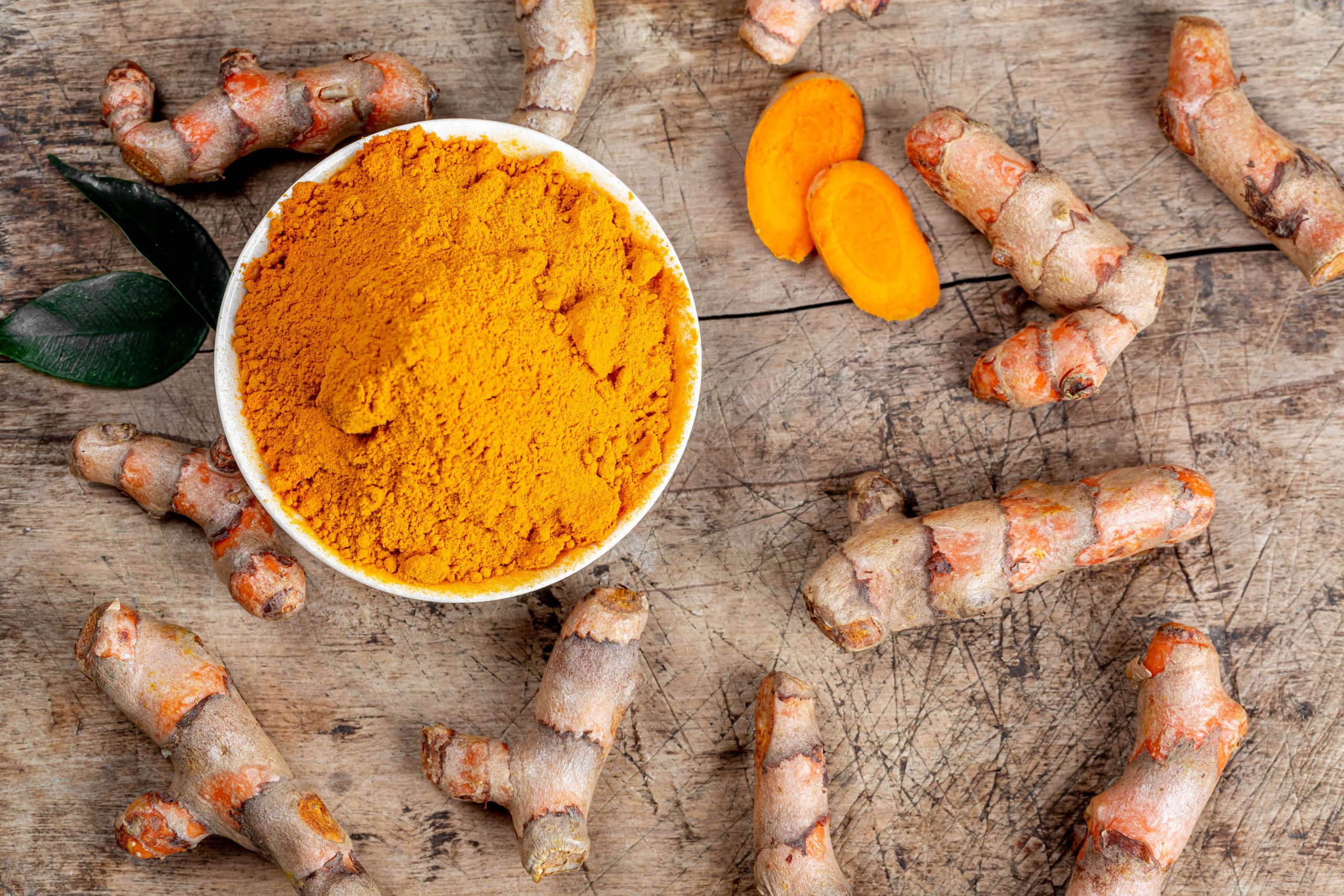
Are you ready for a golden skincare revelation? 🌞🔓 Today, we’re journeying into the vibrant world of turmeric, a staple in many kitchens and a well-known spice that has graced the tables of millions for centuries. But did you know that its power extends far beyond adding flavor to our dishes? Turmeric, with its radiant, sun-kissed hue, is also a secret skincare powerhouse that can help unlock the glow of health on your skin. In this post, we’ll delve into 5 compelling benefits of turmeric for skin health and share 5 wonderful ways to incorporate it into your skincare routine. So, let’s unravel the golden thread of turmeric’s charm! 🌟🎁
🌟 The Golden Benefits of Turmeric for Skin Health 🌟
- Anti-Inflammatory Powerhouse 🧘♀️🌱: The active ingredient in turmeric, curcumin, has formidable anti-inflammatory properties. It can help calm inflamed skin, reducing redness and soothing various skin irritations. It’s a gentle yet effective solution for managing inflammatory conditions like eczema and psoriasis, offering comfort and relief to inflamed skin.
- Natural Antiseptic 🛡️🔬: Turmeric isn’t just a spice—it’s a shield for your skin! Its potent antiseptic properties make it a great ally in combating acne and accelerating the healing of wounds. Turmeric helps keep your skin clean, fight off acne-causing bacteria, and reduce the risk of infection and scars.
- Antioxidant-Rich 👵👉👩: One of turmeric’s most remarkable traits is its richness in antioxidants. These vital substances help defend your skin cells against damage from free radicals, reducing oxidative stress that can lead to premature skin aging. By keeping your skin’s elasticity intact, turmeric helps maintain its youthful, supple appearance.
- Skin Brightening 💡✨: Turmeric is often referred to as ‘Indian saffron’ for its vibrant yellow-orange color and its unique ability to impart a healthy, radiant glow to the skin. It’s known for its skin brightening properties and can help even out skin tone, reduce hyperpigmentation, and improve the overall radiance of your skin.
- Reduces Dark Circles 👀🌙: Turmeric’s dynamic duo of anti-inflammatory and skin-lightening properties can do wonders in reducing the appearance of dark circles and puffiness under the eyes. It’s a natural way to combat those pesky signs of tiredness or stress, giving your eyes a fresher, more youthful look.
🌟 5 Ways to Incorporate Turmeric into Your Skincare Routine 🌟
- Turmeric Face Mask 🍯🥛: Create a nourishing face mask with turmeric, honey, and yogurt. These three natural ingredients work synergistically to soothe, hydrate, and brighten your skin. Mix one teaspoon of turmeric powder, two teaspoons of honey, and one teaspoon of natural yogurt. Apply this mask to your face, and let it work its magic for 15-20 minutes before washing off.
- Turmeric Spot Treatment 💧: For quick and easy spot treatment, mix a small amount of turmeric with water to make a thick paste. Apply this directly to acne or blemishes, letting the turmeric’s antiseptic and anti-inflammatory properties target the problem areas. Leave it on for about 15-20 minutes, then rinse it off.
- Turmeric Bath Soak 🛀: Indulge in a therapeutic turmeric bath soak to unwind after a long day. Add ½ cup of Epsom salt, ¼ cup of baking soda, and 1 tablespoon of turmeric to warm bath water. This detoxifying and calming mixture will soothe irritated skin and provide a deeply relaxing experience.
- Turmeric Scrub 🥛: For a gentle, exfoliating face scrub, mix 1 tablespoon of turmeric with 1 tablespoon of gram flour, and just enough milk to form a paste. This scrub will gently remove dead skin cells, revealing a fresh and vibrant layer of skin underneath.
- Turmeric Toner 🌵: For a refreshing and skin-brightening toner, mix a pinch of turmeric with 1 tablespoon of aloe vera gel and 1 cup of distilled water. Apply this mixture with a cotton pad after cleansing for a soothing, hydrating, and balancing effect on your skin.
Remember, it’s always important to do a patch test when trying out a new skincare ingredient. Although turmeric is natural and generally safe, everyone’s skin is unique and may react differently. Use these remedies mindfully, and celebrate each step on your journey towards glowing, healthy skin! 🌞🌟
Stay radiant, turmeric warriors! 💛🌞
Most Commonly Asked Questions About Using Turmeric on Skin
🧡 Can We Apply Turmeric on Face Daily?
While turmeric has several skin benefits, it is generally recommended to use it 2-3 times a week rather than daily. This is because turmeric can potentially stain the skin and, in rare cases, cause slight skin irritation, particularly if you have a sensitive skin type. Always remember to conduct a patch test before applying turmeric to your entire face! 🚦
🧡 What Does Turmeric Do to Your Skin?
Turmeric can do wonders for your skin! 💖🌟 Its anti-inflammatory properties can help reduce redness and calm skin conditions like eczema and rosacea. The antiseptic qualities help fight acne-causing bacteria, while its antioxidants combat signs of aging. Turmeric also brightens the skin, evens out skin tone, and reduces hyperpigmentation. It’s truly a golden all-rounder! 🌟🌈
🧡 Can Turmeric Whiten Skin?
Turmeric is known for its skin brightening properties, rather than whitening. It can help even out skin tone and reduce the appearance of dark spots and hyperpigmentation, leading to a more radiant, natural glow. However, it does not bleach or whiten the skin, but instead, enhances your natural complexion. 🌞🌝
🧡 How Can I Use Turmeric on My Face?
There are multiple ways to use turmeric on your face. 👩🔬 It can be mixed with honey and yogurt for a moisturizing face mask, combined with water for a spot treatment, added to a bath for a soothing soak, used as a scrub with gram flour and milk, or as a toner with aloe vera and distilled water. Remember to conduct a patch test before use. 😊💖
🧡 Does Turmeric Remove Tan?
Yes, turmeric can assist in reducing sun tan. 🌞⛱️ Thanks to its skin-brightening properties, turmeric can help lighten the skin affected by sun tan and restore your skin’s natural complexion. Mixing turmeric with yogurt or lemon juice can make for a potent de-tanning mask.
🧡 Does Turmeric Blacken Skin?
No, turmeric does not blacken the skin. 🌚🚫 It is known for its skin-brightening properties and can actually help improve your skin’s natural glow. However, it might leave a temporary yellowish tint on the skin, which can be removed by washing with a mild soap.
🧡 What are the 10 Benefits of Turmeric?
Turmeric is a powerhouse of benefits! 👏🎉 Some of the key benefits include its anti-inflammatory properties, antioxidant-rich nature, boosting of immunity, support of brain function, reduction of heart disease risk, aiding digestion, relief of arthritis symptoms, fighting age-related chronic diseases, healing wounds due to its antiseptic properties, and promoting skin health. 🧡🌈
🧡 How Much Turmeric Per Day?
While there’s no official consensus, many studies suggest a daily intake of 500–2,000 mg of curcumin, the active ingredient in turmeric, to reap health benefits. However, this largely depends on the reason for use, and it’s always best to consult with a healthcare professional before starting a new supplement routine. 💊👩⚕️
🧡 Can I Use Kitchen Turmeric for Face?
Absolutely, you can use kitchen turmeric for your face. However, it’s worth noting that cosmetic grade turmeric (also known as Kasturi turmeric) is often recommended for skincare as it’s non-staining and has a lower chance of causing skin irritation. 👩🍳🎭
🧡 Is Besan and Haldi Good for Skin?
Yes, combining besan (gram flour) and haldi (turmeric) can be incredibly beneficial for the skin. 💖✨ This duo can help remove excess oil, deeply cleanse pores, exfoliate dead skin cells, and brighten the skin. It’s a natural and effective skincare remedy widely used in Indian households.
🧡 What are the Disadvantages of Turmeric Powder on the Face?
While turmeric is generally safe, there can be a few downsides. For some, it may cause allergic reactions or skin irritation. It can also temporarily stain the skin a yellow-orange color. Always conduct a patch test before applying it to your face. 🚦🔍
🧡 Does Turmeric Have Side Effects?
While turmeric is generally considered safe, it can cause side effects when consumed in large amounts. These might include stomach upset, nausea, dizziness, or diarrhea. For topical use, it might cause skin dryness, irritation, or allergic reactions in some people. As always, it’s important to do a patch test for topical use and consult your healthcare professional for dietary advice. 🥼💊
